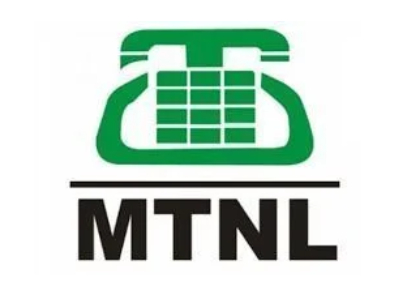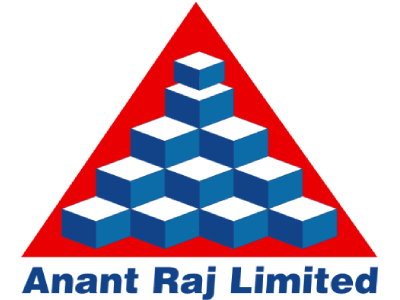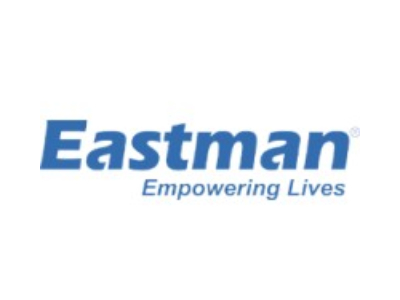Sector 8 Company
The primary purpose of registering a company as a Section 8 Company is to promote non-profit objectives such as trade, commerce, arts, charity, education, religion, environment protection, social welfare, sports research, etc.
To incorporate a Section 8 Company, a minimum of two directors are required. Also, there is no requirement of minimum paid-up capital in the case of Section 8 Company.
In India, a non-profit organization can be registered under the Registrar of societies or as a Non-profit company under the Section 8 Company of the Company Act,2013.
The profits of this company, if there are any, are applied towards promoting the objectives of the company and not distributed as dividends to its shareholders.
Free Call Back by our Expert
Here are some key characteristics of a Sector 8 Company:
- Overview
- Benefit
- Registration Procedure
A Section 8 Company is a special type of corporation established to promote non-profit activities, encompassing areas such as education, social welfare, environment preservation, arts, sports, charity, and more. This incorporation adheres to the provisions outlined in the Companies Act of 2013.
The primary objective behind registering a Section 8 Company is to foster non-profit endeavors, encompassing diverse fields such as trade, arts, commerce, education, charity, environmental protection, sports research, and social welfare, among others. To initiate the registration process, a minimum of two directors is required, and there is no obligation for a minimum paid-up capital, making it a feasible choice for those seeking to undertake philanthropic ventures.
Opening a Section 8 Company in India offers various benefits, especially for those looking to engage in charitable or non-profit activities. Here are some key advantages of establishing a Section 8 Company in India:
Promoting Social Welfare: The primary purpose of a Section 8 Company is to promote charitable activities, education, social welfare, environmental conservation, and more. By setting up such a company, you can actively contribute to the betterment of society and make a positive impact on various causes.
Tax Exemptions: Section 8 Companies enjoy several tax benefits. They are exempt from paying income tax on their surplus income, which is utilized for promoting the company’s objectives. Additionally, donations made to Section 8 Companies are eligible for tax deductions under Section 80G of the Income Tax Act.
Limited Liability: Similar to other types of companies, a Section 8 Company offers limited liability protection to its members. The personal assets of the members are safeguarded, and they are not held personally liable for the company’s debts or obligations.
No Minimum Capital Requirement: Unlike many other types of companies, a Section 8 Company does not have a minimum capital requirement. This makes it easier and more affordable to set up and operate, allowing resources to be directed towards charitable initiatives.
Perpetual Existence: A Section 8 Company enjoys perpetual existence, unaffected by changes in its members or directors. This continuity ensures that the company’s charitable endeavors can continue over the long term.
Credibility and Trust: Being registered as a Section 8 Company enhances credibility and trust among stakeholders, including donors, beneficiaries, and the general public. The legal recognition and regulatory oversight provide an added layer of assurance.
Access to Grants and Funding: Section 8 Companies are eligible to apply for government grants and various funding opportunities meant for non-profit organizations. This access to financial assistance can support the company’s initiatives and scale its impact.
Flexible Governance Structure: Section 8 Companies offer flexibility in the governance structure. The Board of Directors and other stakeholders can define roles and responsibilities, allowing for effective management and decision-making.
Name Protection: The name of a Section 8 Company is protected once it is registered with the Registrar of Companies. This prevents other entities from using a similar name, ensuring the company’s identity remains distinct.
Nationwide Recognition: Section 8 Companies are recognized throughout India, allowing them to operate and engage in charitable activities across the country.
In conclusion, opening a Section 8 Company in India comes with significant benefits, including tax exemptions, limited liability, credibility, and the opportunity to make a positive impact on society through philanthropic activities. It provides a structured and legal framework for those who wish to dedicate their efforts and resources to charitable causes.
The registration process for a Section 8 Company in India involves several steps and compliance with the provisions of the Companies Act, 2013. Here’s an overview of the registration process:
Name Reservation: The first step is to choose a unique and suitable name for the Section 8 Company. You must apply for name reservation through the RUN (Reserve Unique Name) service on the Ministry of Corporate Affairs (MCA) portal.
Drafting Memorandum of Association (MOA) and Articles of Association (AOA): Prepare the Memorandum of Association (MOA) and Articles of Association (AOA) of the company. These documents outline the objectives, activities, and rules of the company.
Digital Signature Certificate (DSC) and Director Identification Number (DIN): Obtain Digital Signature Certificates (DSC) for the proposed directors of the company. Also, each director must apply for a Director Identification Number (DIN) if they don’t have one already.
License Application: Prepare the application for a license under Section 8 of the Companies Act, 2013. This license is essential for establishing the Section 8 Company. The application is submitted to the Registrar of Companies (ROC) with all the required documents.
Filing Incorporation Forms: File the required incorporation forms with the ROC, including Form INC-12 for the license application, along with the MOA and AOA of the company, and the directors’ identity and address proofs.
Publication of Notice: Publish a notice in Form INC-26 in a widely circulated newspaper in the district where the registered office of the proposed Section 8 Company is to be situated. This notice must be published at least 21 days before filing the incorporation application.
Verification and Approval: The ROC will verify the application and documents submitted. If everything is found to be in order and compliant with the requirements, the ROC will issue the Certificate of Incorporation, along with the license under Section 8.
PAN and TAN Application: After receiving the Certificate of Incorporation, apply for a Permanent Account Number (PAN) and Tax Deduction and Collection Account Number (TAN) for the company.
Opening Bank Account and Commencing Operations: Once you have the Certificate of Incorporation, PAN, and TAN, you can open a bank account in the company’s name and commence the operations of the Section 8 Company.
Please note that the Section 8 Company must fulfill the specific conditions and objectives specified under the Companies Act, 2013, and must utilize its profits solely for promoting its stated objectives. Additionally, the registration process may vary based on the specific requirements of the company and the jurisdiction’s regulations. It is advisable to seek professional guidance to ensure compliance throughout the registration process.
Customer Reviews
VITIKA MAKAJI
Trademark Objection
- Verified Customer
04 May 2023
Good follow up.
SWETHA D
DIN eKYC Filing
- Verified Customer
12 May 2023
Goood
HARIHARAVIJITHA M
Trademark Registration
- Verified Customer
04 May 2023
nice
VITIKA MAKAJI
Trademark Objection
- Verified Customer
04 May 2023
Good follow up.
Our Clients







